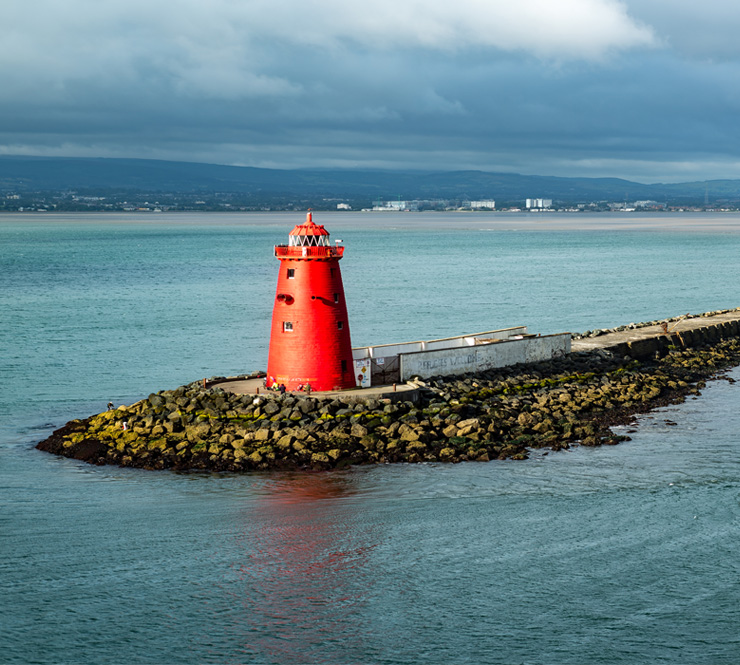COURSE DETAIL
This course examines some of the wealth of artistic production in the Netherlands in the 17th century. The course is based around the study of Rembrandt and Vermeer as contrasting and complementary figures who represent some of the diverse tendencies of the time. This entails the study of the development of individual styles and subject matter ranging from history painting to portraiture, landscape, and genre painting. The distinct artistic character associated with centers of production, even ones that were geographically close, is assessed with an emphasis on Amsterdam, Delft, and Utrecht. The final block of the course looks at the posthumous reputations of Rembrandt and Vermeer, examining questions of attribution, authenticity, canonicity, and rediscovery.
COURSE DETAIL
This course examines a variety of theoretical perspectives on the reasons why people commit crime, what constitutes crime, and how states respond to crime. Students explore a range of theories from classical and positivist approaches, to sociological theories, to feminist approaches, and contemporary research. The relevance of these theories to the case of Ireland, and aspects of criminal justice internationally are also assessed.
Pagination
- Page 1
- Next page






